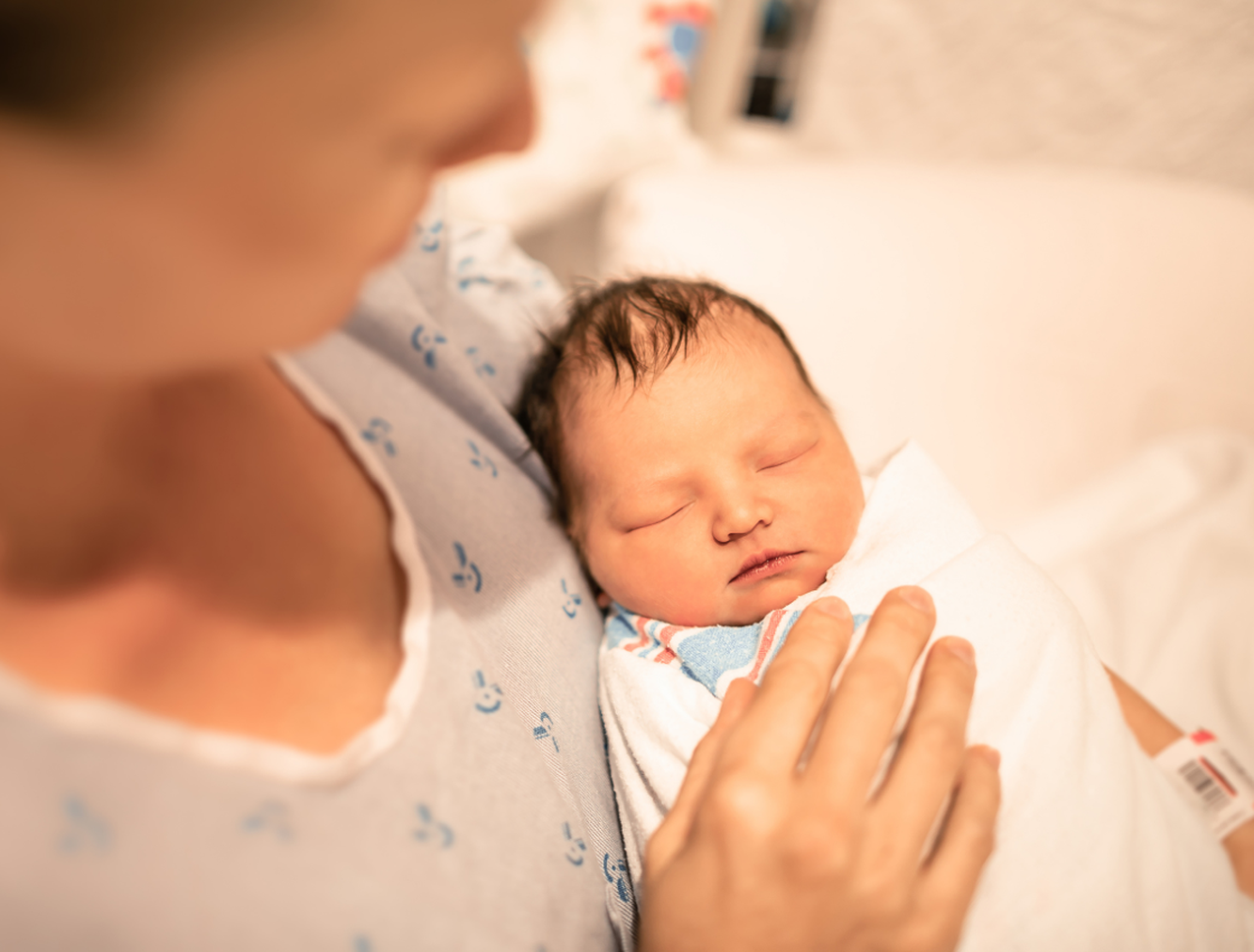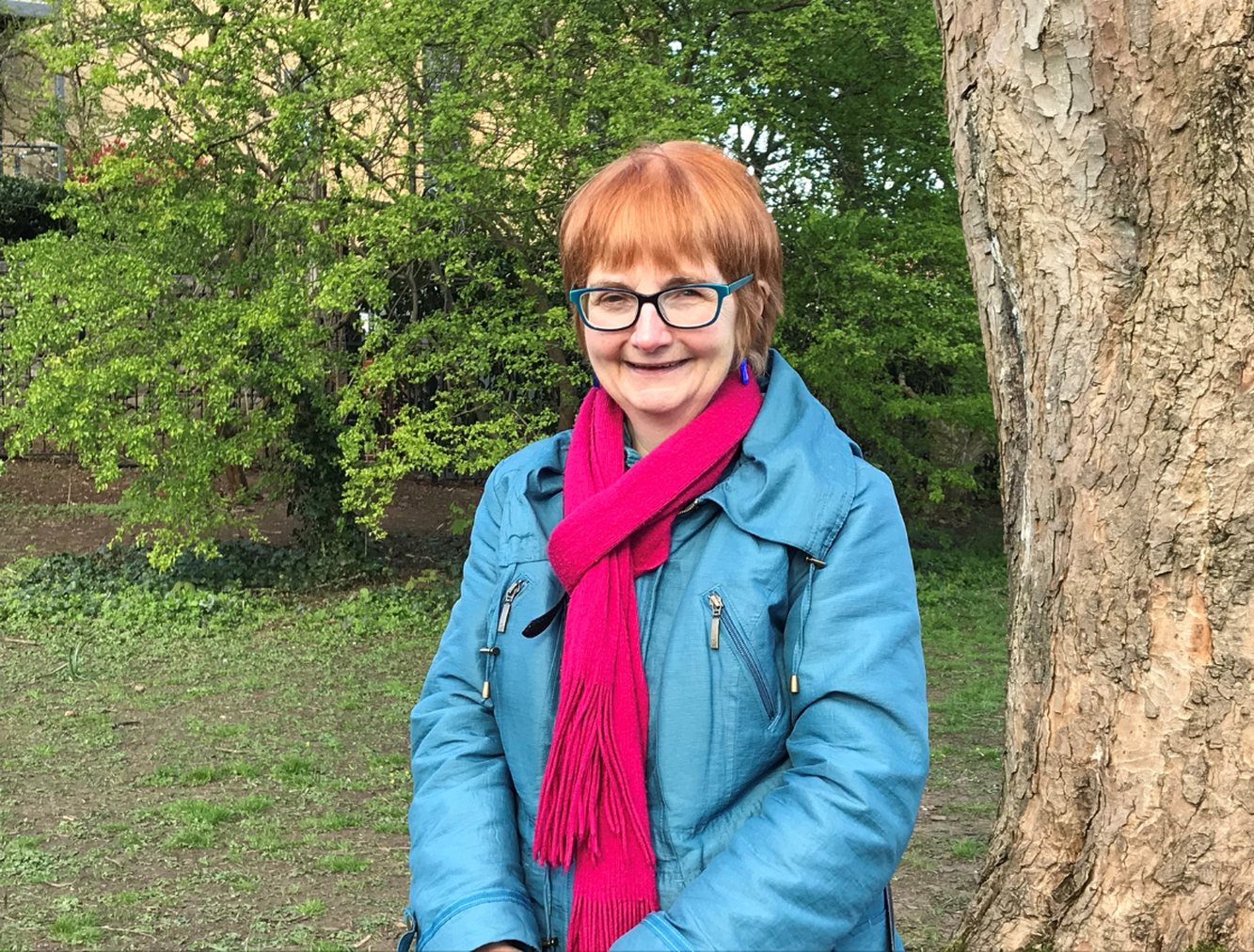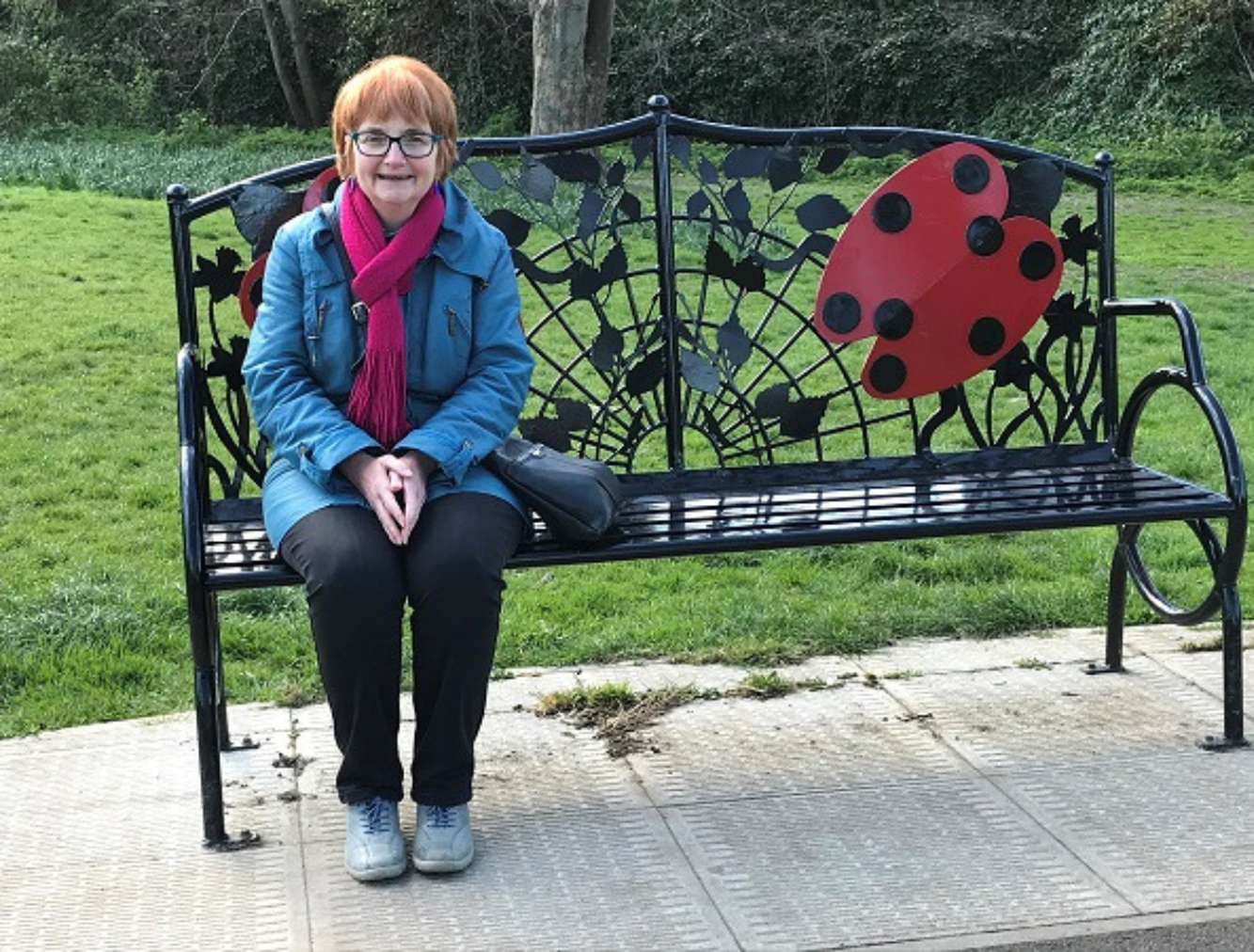Sheila is 66 and she has coped with a number of different eye conditions and visual impairment for most of her life. She says,
“Sometimes it’s like looking through a net curtain, and sometimes it’s grainy like a TV screen where the aerial isn’t adjusted properly.”
Born with congenital glaucoma, Sheila had her first eye operations at only 5 months old. These worked reasonably well until she was 14 when, after an unsuccessful glaucoma operation, she lost the sight in her left eye completely.

In her 20s, Sheila started to develop problems with the cornea in her right eye. She was told she needed a corneal transplant but the risks were significant in an only eye with glaucoma. Her sight deteriorated further and she had the transplant when she was 42. Initially she had a wonderful feeling of release from the thick misty vision she’d endured in her 30s. Sheila was dazzled by the intensity of colour – but this did not last. Problems with her glaucoma, involving many surgical interventions, arose in the following years. Corneal complications since have significantly reduced her vision further.
“I can’t enjoy a sunny day. So many people say to me, “Oh isn’t it a lovely day?” but it’s not for me.”
The glare produced when light is bright means that Sheila can hardly see anything at all, but low levels of light do not have a high enough contrast for her to see well either. This limits her ability to go out at night. She has to plan everything she does meticulously. Even a walk to the local shop needs to be planned exactly as going at the wrong time of day will mean the sun is on the side of her right eye, and her vision will be greatly reduced.
Sheila’s eye conditions have had a profound effect on her life and have prevented her from doing many of the things she would like. She has never been allowed to drive, which has had a great impact on her independence especially as using public transport presents many challenges because she cannot read signage.
“Little things like altering the timer on the central heating, or changing a lightbulb, become a huge chore requiring intense concentration which is extremely exhausting.”

She even had to give up work as a history teacher, a job she tried so hard to keep going, but the amount of reading and marking became impossible as her sight deteriorated. She now requires a magnifier for reading and high contrast between the words on the page and the background. She cannot read story books to her great nieces and nephew which she finds very upsetting.
“Visual impairment has an enormous emotional and psychological impact. I have found there is a lack of understanding about the nature of visual impairment and the challenges it presents. No-one sees as I see and that is quite isolating. I have been through the whole gamut of emotions – frustration, bitterness, anger, despair… I’ve had glimpses of better vision and then another crisis has destroyed them. I often feel like a tenpin, knocked down by a speeding bowl, winded temporarily, then I stagger up only to be floored by the next one.”
Despite everything Sheila has faced, she tries to remain positive and arms herself with information and knowledge about her conditions. Every so often she seeks opinions from other clinicians in this country and abroad. She finds this proactive approach helps her feel more in control of her eye problems and consequently her life. Her motto is ‘leave no stone unturned’, and as a result of her research she has explored other treatments. When she read about hyperbaric oxygen therapy used for an eye condition on a patient in the US she tried it herself and feels that it really did help. (However, evidence is anecdotal only and no clinical trials have been done in relation to eye problems so it is not a proven treatment option and Sight Research UK cannot recommend it).

Sheila enjoying a day out in nature
“Research gives me hope. The need to find a COVID vaccine has shown what can be done if there is a collective will. With eye problems, the need is undoubtedly there, but the will is not. We have the best scientists but the amount of money devoted to eye research is still very poor.”
Her biggest tip to others facing visual impairment is to research your eye condition as fully as possible so you can have informed discussions with your clinicians. She firmly believes that the best expert on the patient is the patient herself. She also says it is important to let your feelings out, rather than internalize them, and she finds it helpful to talk to friends and pour all her feelings out in a private book. Sheila is considering another corneal transplant and says,
‘My hope is that this will be successful, and I will have much better vision and a better quality of life – I really do hope that.’
She also hopes that there will be more research into potential new treatments for corneal conditions and congenital glaucoma so babies being born now won’t have to go through multiple procedures and face what she has faced.
https://donate-sruk.raisely.com/embed?targethost=https%3A%2F%2Fwww.sightresearchuk.org&frameId=0.9355648625971412

Sheila remains steadfastly optimistic for the future

